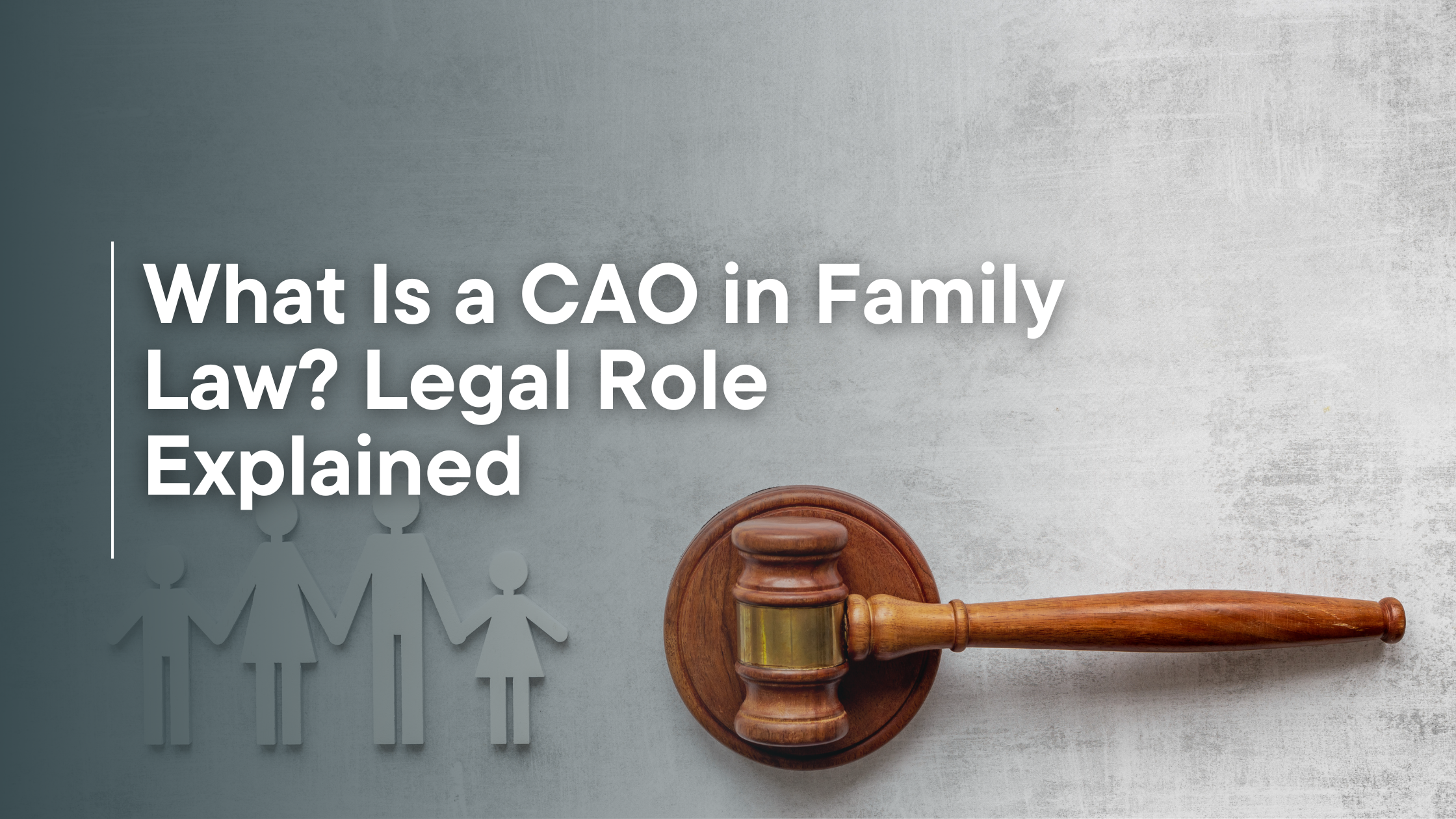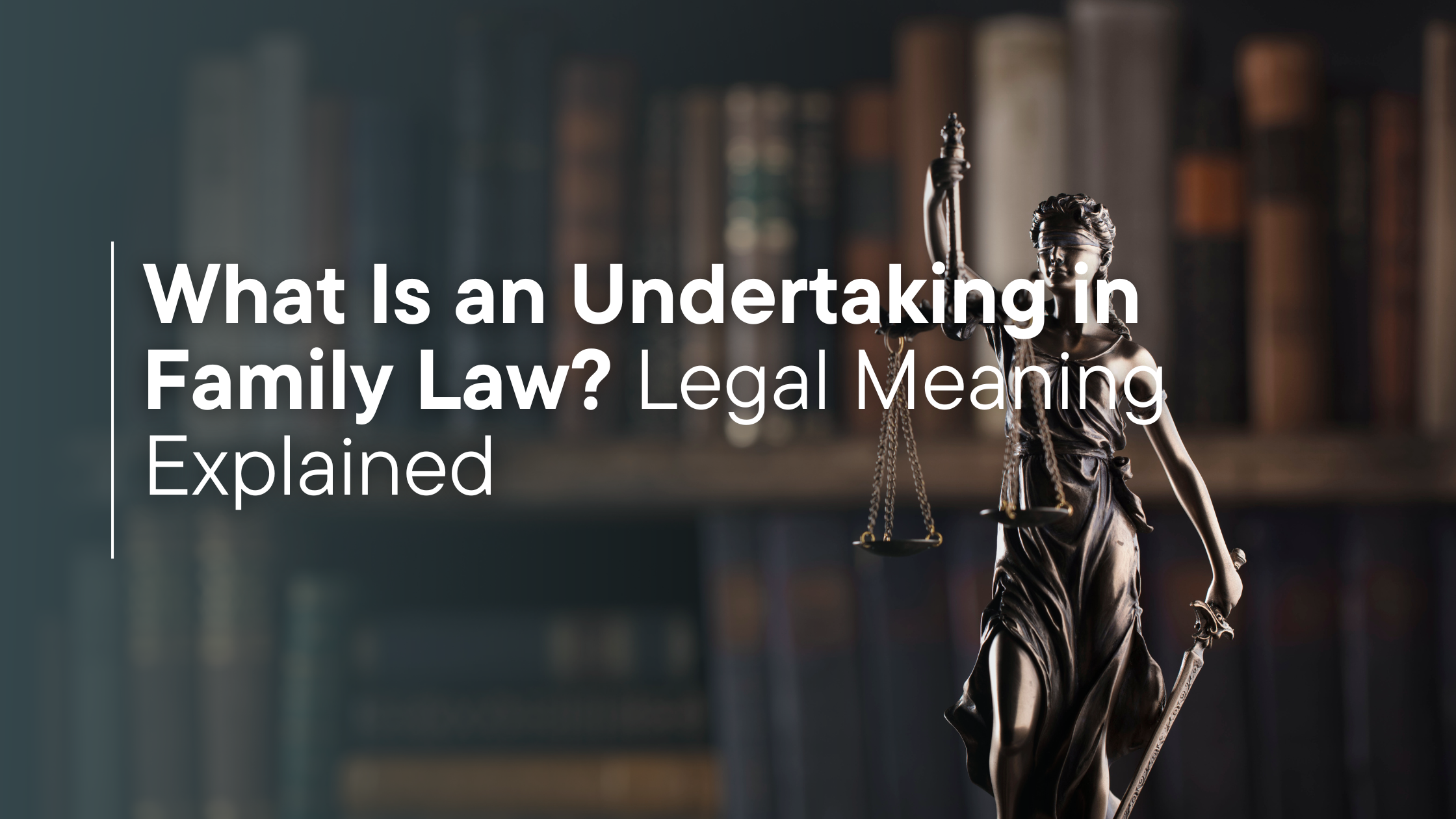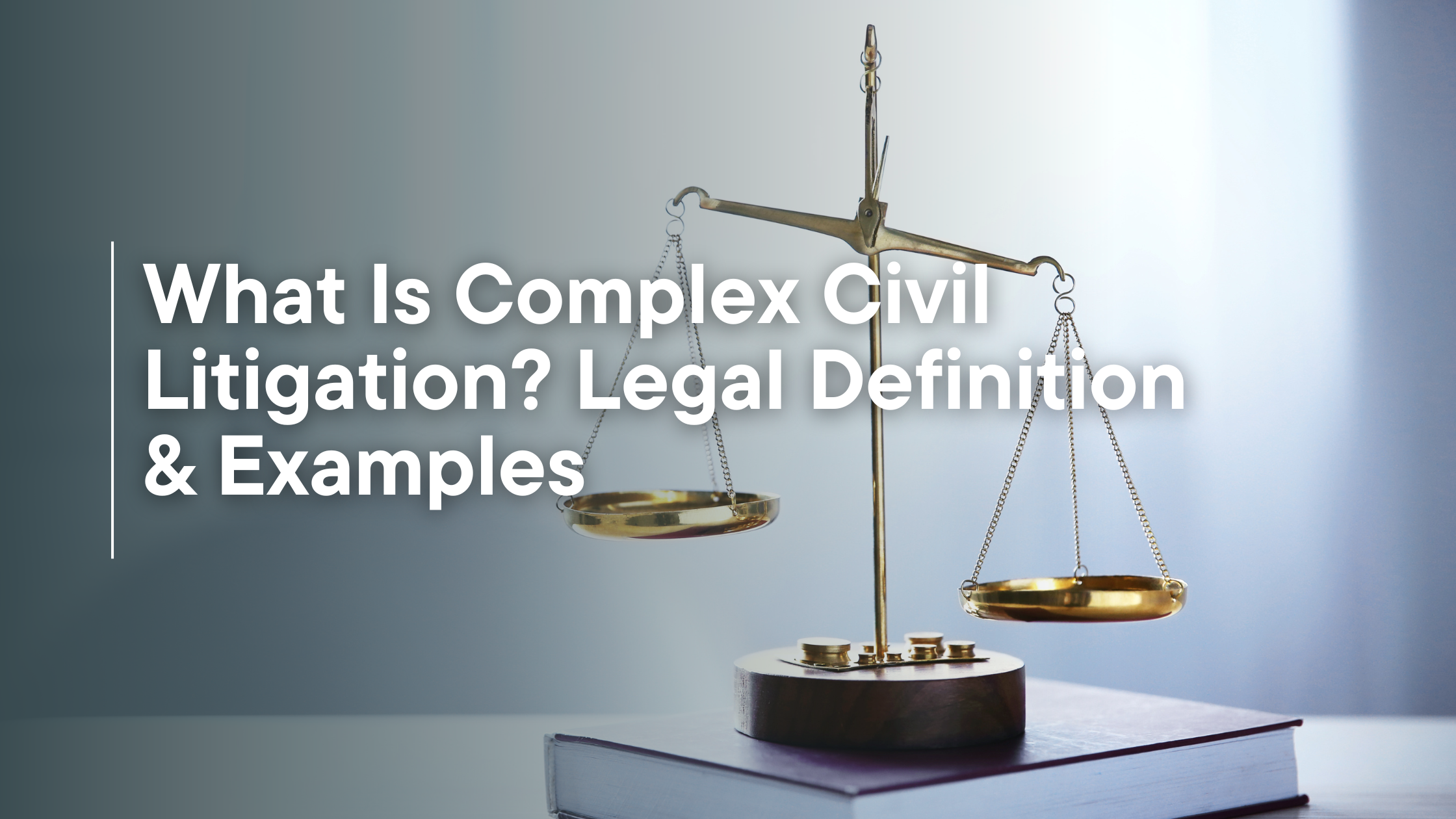Navigating family law matters can be overwhelming, especially when children are involved. In these complex cases, it’s important to understand the roles of the professionals who advocate for the best interests of your child. One such professional is the Child Advocacy Officer (CAO). If you’re facing a family law dispute involving child custody or protection, understanding the CAO’s role can help you better navigate the process. Here’s a breakdown of what a CAO does and why they are so vital in family law cases.
What is a CAO?

A Child Advocacy Officer (CAO) is a legal professional appointed to represent the interests of children in family law matters. Their role is to ensure that the child’s welfare and rights are protected during legal proceedings, particularly in cases involving custody disputes, visitation, or child protection.
While a CAO is not a lawyer for the child, they focus specifically on the child’s best interests, independent of parental or other adult interests. This ensures that the child’s needs and well-being are given priority in decisions made by the court.
The Legal Role of a CAO in Family Law
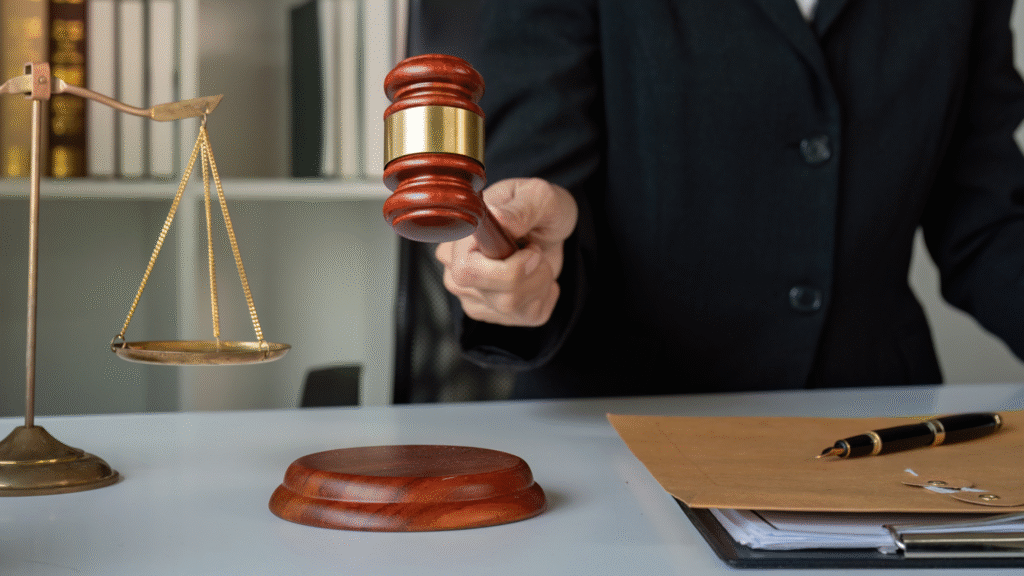
The CAO plays a crucial role in guiding the court’s decision-making by advocating for the child’s best interests. Their primary responsibilities include:
- Advocating for the Child’s Best Interests: The CAO is tasked with making recommendations to the court based on what is believed to be best for the child. This may involve proposing custody arrangements, visitation schedules, or any other decisions that could affect the child’s life.
- Investigation and Reporting: A key function of the CAO is to gather information regarding the child’s family environment. This could include interviewing parents, children, and other individuals close to the child, as well as reviewing relevant records (e.g., medical history, school records).
- Providing Recommendations: After completing their investigation, the CAO will provide the court with a report containing their findings and recommendations. These recommendations are often influential in the court’s final decision.
When Is a CAO Involved?
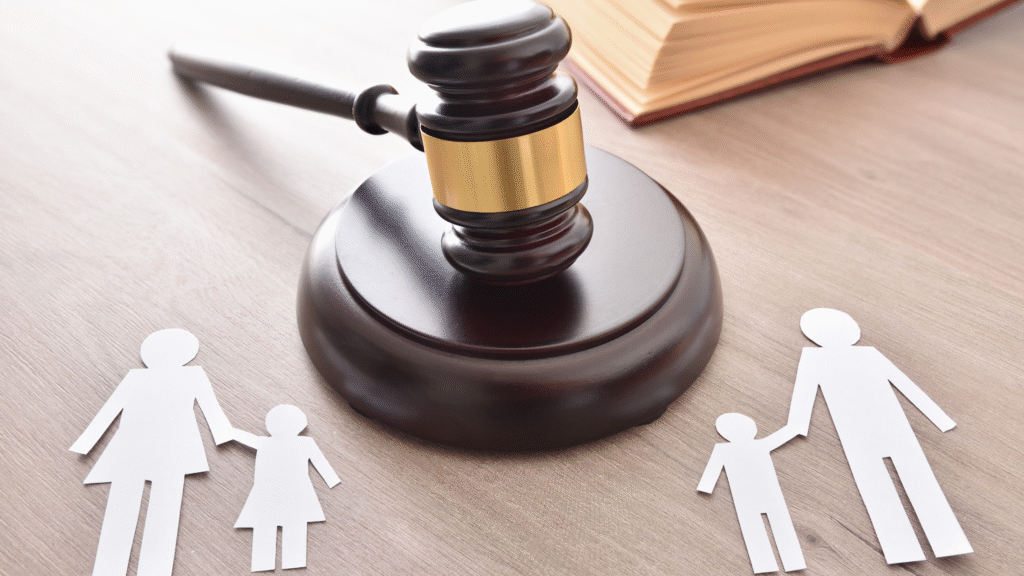
A CAO may be appointed in various family law cases, including but not limited to:
- Child Custody Disputes: When parents disagree on custody arrangements, a CAO can assess the situation and offer recommendations based on what would best support the child’s development and stability.
- Child Protection Cases: If there are concerns regarding abuse, neglect, or any other threats to the child’s safety, the CAO plays a central role in advocating for the child’s protection and ensuring appropriate actions are taken.
- Divorce Proceedings: In some cases, especially those involving young children, a CAO may be involved to assess how divorce arrangements may impact the child and make recommendations for a stable and supportive environment.
The CAO’s involvement can be pivotal in cases where parents or other adults may have conflicting views on what is in the child’s best interest. By focusing solely on the child’s welfare, the CAO ensures that the child’s voice is heard in legal proceedings.
The Qualifications and Skills of a CAO

A CAO must have specialized knowledge and skills to effectively perform their duties. Typically, they are required to have a background in law, social work, or psychology. Key qualifications include:
- Educational Background: CAOs often have law degrees or training in social work or psychology, which equips them to understand both the legal and emotional aspects of family law cases.
- Experience and Skills: A successful CAO possesses excellent investigative skills, the ability to communicate effectively with children and adults, and a deep understanding of child development and family dynamics. They must be objective and able to make impartial recommendations based on evidence and best practices.
The CAO’s Relationship with Other Legal Professionals

The CAO works closely with several other professionals involved in family law cases, including:
- Lawyers: While lawyers represent the interests of their clients, the CAO advocates for the child. Their reports and recommendations are taken into account by both lawyers and judges when making decisions regarding custody or other child-related matters.
- Judges: The judge relies on the CAO’s recommendations when making determinations regarding custody, visitation, and other child welfare concerns. The CAO’s role is integral to the judge’s ability to make informed, child-centered decisions.
- Social Workers: In cases involving child protection, the CAO may collaborate with social workers who investigate allegations of abuse or neglect. Together, they work to ensure the child’s safety and well-being.
The Importance of a CAO in Family Law Cases

The CAO’s involvement is a crucial part of family law cases involving children. Their role ensures that the child’s needs, safety, and best interests are not overshadowed by the competing interests of adults involved in the case. Their independent assessment and recommendations help the court make decisions that are more likely to result in a positive and healthy future for the child.
By placing emphasis on the child’s voice, the CAO ensures that their rights are respected throughout the legal process. Whether it’s a custody dispute, divorce, or child protection issue, the CAO provides invaluable support in advocating for the child’s long-term well-being.
Conclusion
Understanding the role of a Child Advocacy Officer in family law cases is essential for parents and guardians navigating custody disputes or child protection concerns. By ensuring that the child’s best interests remain at the forefront of legal proceedings, the CAO plays an essential role in achieving fair and just outcomes.
If you’re involved in a family law matter that may require the appointment of a CAO, it’s important to work with experienced legal professionals who can guide you through the process. Contact us today to discuss how we can assist you in protecting your child’s future and ensuring their voice is heard in court.

